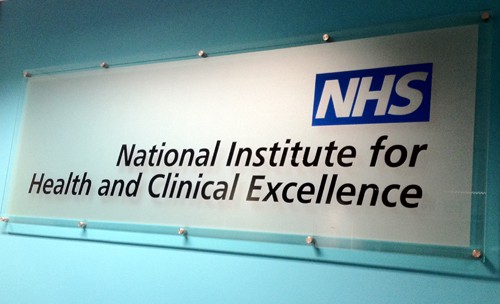
The UK’s National Institute of Health and Care Excellence is finally set to review its methods of evaluation for drugs, medical devices and diagnostics.
The health technology assessment (HTA) agency launched a public consultation last week on a proposal for changes to the methods it uses to evaluate potential medical treatments.
NICE uses the Quality-Adjusted Life Year (QALY) measure to determine whether or not a treatment is cost-effective, with the current threshold set at around £30,000 per QALY.
This formula weighs the cost of a potential drug for a year against the extension of life and improvement in the quality of life.
In addition, new cancer treatments can be approved via NICE’s Cancer Drugs Fund (CDF) which was introduced in 2016.
Through the CDF, NICE can appraise drugs while providing interim funding for up to two years to give patients access to drugs that have either a draft recommendation for routine use on the NHS or a draft recommendation for use within the CDF.
While NICE regularly undergoes reviews of its processes, many industry experts have called for fundamental changes to the way in which it evaluates new technologies and medicines in an effort to improve patient access to the latest medical innovations.
The HTA agency has already identified potential areas for change within its consultation document – this includes incorporating severity of disease, health inequalities and a ‘refined’ approach to uncertainty and innovative technologies within its methodologies for evaluation.
NICE said there is also a ‘case for change’ regarding how it values costs and health effects for health technologies.
However, it maintained that changes to its cost-efficiency methods go beyond the reach of this review, and will need to be considered separately before any changes are made.
“As we develop a new regulatory and access environment for medicines, medical devices, diagnostics and digital health technologies, our methods should be aimed at supporting early patient access at a reasonable cost to the NHS, for example by encouraging companies to launch their products in the UK first,” said Meindert Boysen, deputy chief executive and director of the Centre for Health Technology Evaluation at NICE.
“Ensuring that our methods are clear, transparent and predictable should allow us to speed up evaluation processes for new and emerging technologies,” he added.
In response to the consultation announcement, the Association of the British Pharmaceutical Industry (ABPI) welcomed NICE’s plans to evaluate the methods it uses to develop its guidance on health technologies.
“The changes outlined can also act as a catalyst for global investment, with the UK demonstrating its commitment to researching, developing and using new medicines and technologies,” said Richard Torbett, chief executive of the ABPI.
“Implementation is also fully affordable due to a voluntary scheme, which pharmaceutical companies have signed up to, which means that NHS spending on medicines is kept to an agreed and affordable level. We will work with our membership on the next stage of the consultation,” he added.




